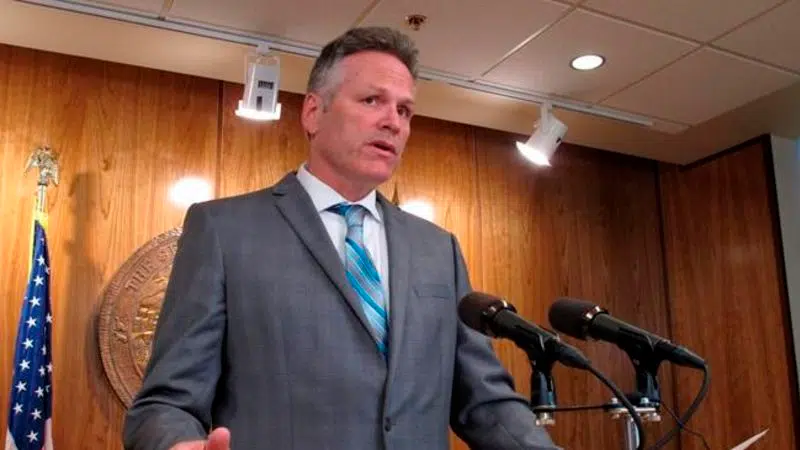
Alaska governor slashes university budget by $130 million
JUNEAU, Alaska — Gov. Mike Dunleavy slashed the University of Alaska system budget by $130 million on Friday, part of more than $400 million in vetoes he characterized as difficult but necessary amid an ongoing state deficit.
Critics called the cuts disappointing and dangerous for an economy that’s shown bright spots after a prolonged recession.
Dunleavy, a Republican, also cut state support for public broadcasting, reduced spending for Medicaid and eliminated a program that provides money to senior citizens who have low or moderate incomes.
He cut about $330,000 from the state court system that his budget office said was commensurate to state funding for abortions. A budget document says the “only branch of government that insists on State funded elective abortions is the Supreme Court.”


